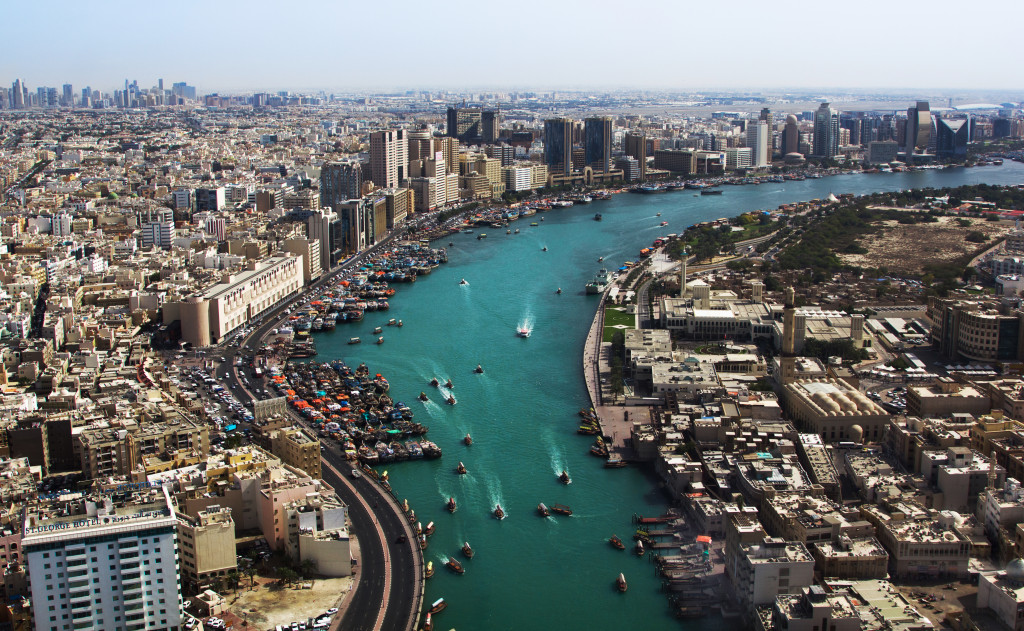- Properly dispose of trash and reduce waste to prevent water pollution.
- Be mindful of chemical use and consider eco-friendly alternatives.
- Minimize car maintenance and washes to prevent pollutants from entering the waterways.
- Have a pet waste management plan to reduce bacteria growth in local waterways.
- Develop a stormwater pollution prevention plan to reduce pollutants in local waterways.
As a community member, taking care of your local waterways is essential. Rivers, lakes, and streams are vital resources that provide clean water for drinking, recreation, and wildlife habitat. Keeping these waterways clean is important for the health of the environment and the health of the people and animals that rely on them. Here are five tips to help you keep your waterways clean in your community.
1. Proper Disposal of Trash and Waste
One of the easiest ways to clean your waterways is by properly disposing of trash and waste. When trash is left on the ground or thrown into storm drains, it can end up in local waterways. This can cause pollution and harm to aquatic life. Make sure to throw your trash in designated trash cans and recycling bins. If you see trash on the ground, take the time to pick it up and dispose of it properly.
Another way to reduce waste pollution is by reducing your overall waste. Consider composting food waste, using reusable bags and containers, and avoiding single-use plastics. These small changes can greatly impact reducing pollution in your community’s waterways.
2. Be Mindful of Chemical Use
Chemicals from household cleaning products, fertilizers, and pesticides can end up in local waterways through stormwater runoff. This pollution can harm aquatic life and make the water unsafe for humans. Be mindful of your products and how you use them to prevent chemical pollution. Consider using eco-friendly cleaning products, reducing fertilizer use, and avoiding pesticide use altogether. Additionally, always follow the instructions on the label when using any chemical product.
3. Be Wary of Car Maintenance and Washes
Car maintenance and washes can also contribute to water pollution. Oil, brake fluid, and other car fluids can leak and end up in local waterways, causing harm to aquatic life. Additionally, when you wash your car, the soap and dirt can end up in storm drains and local waterways.
Here’s how you can prevent car-related pollution:
Dispose of Car Fluids Properly
It is important to dispose of any car fluids, such as oil, brake fluid, and other hazardous substances, in the proper manner. Most automotive stores have designated disposal containers for these items that should be used before they are disposed of at a hazardous waste facility. Never dump these fluids down storm drains or other waterways!
Choose an Environmentally-Friendly Car Wash
If you decide to get your car washed, choose an environmentally-friendly option. Look for car washes that use biodegradable soaps and avoid those with high-pressure water jets, which can contribute to soil erosion and pollution. You can also wash your car in a grassy area where the soil can absorb the water.
Minimize Your Use of Harsh Cleaning Chemicals

Avoid using harsh chemicals such as bleach and acetone when cleaning your car. These chemicals are not only toxic to aquatic life, but they can also damage paint and plastic on cars. Instead, choose natural alternatives like baking soda and vinegar or eco-friendly mild detergents.
Maintain Your Car Regularly
Regular maintenance is key in reducing pollution from your car. Check oil levels, brakes, tires, and other systems regularly to ensure they function properly and do not leak any hazardous substances into the environment. This will also help reduce any potential harm caused by your car’s emissions.
Consider an Electric or Hybrid Vehicle
If you are in the market for a new car, consider investing in an electric or hybrid vehicle. These cars produce fewer emissions than traditional gasoline-powered vehicles, require less frequent maintenance, and use significantly less fuel. Over time, you will save money and reduce your carbon footprint!
4. Consider Pet Waste Management

Pet waste can also contribute to water pollution. When pet waste is left on the ground, it can wash into local waterways and cause harmful bacteria to grow. To prevent pet waste pollution, always clean up after your pets and dispose of their waste properly. Consider using biodegradable bags and disposing of pet waste in the trash.
5. Have a Stormwater Pollution Prevention Plan
Investing in a reliable stormwater pollution prevention plan is essential to clean your local waterways. Stormwater pollution prevention plans are designed to reduce the pollutants that enter local waterways and prevent water contamination. These plans include proper trash and hazardous waste disposal, chemical use regulations, car maintenance guidelines, and pet waste management methods. By having a stormwater pollution prevention plan, your community can ensure that their local waterways remain clean and healthy for years.
In Closing
Keeping your waterways clean is an essential responsibility of every community member. By following these tips, you can make a significant impact on reducing pollution in your local waterways. Remember always to be mindful of your actions and their environmental impact. By working together, you can ensure that your waterways remain clean and healthy for generations.



